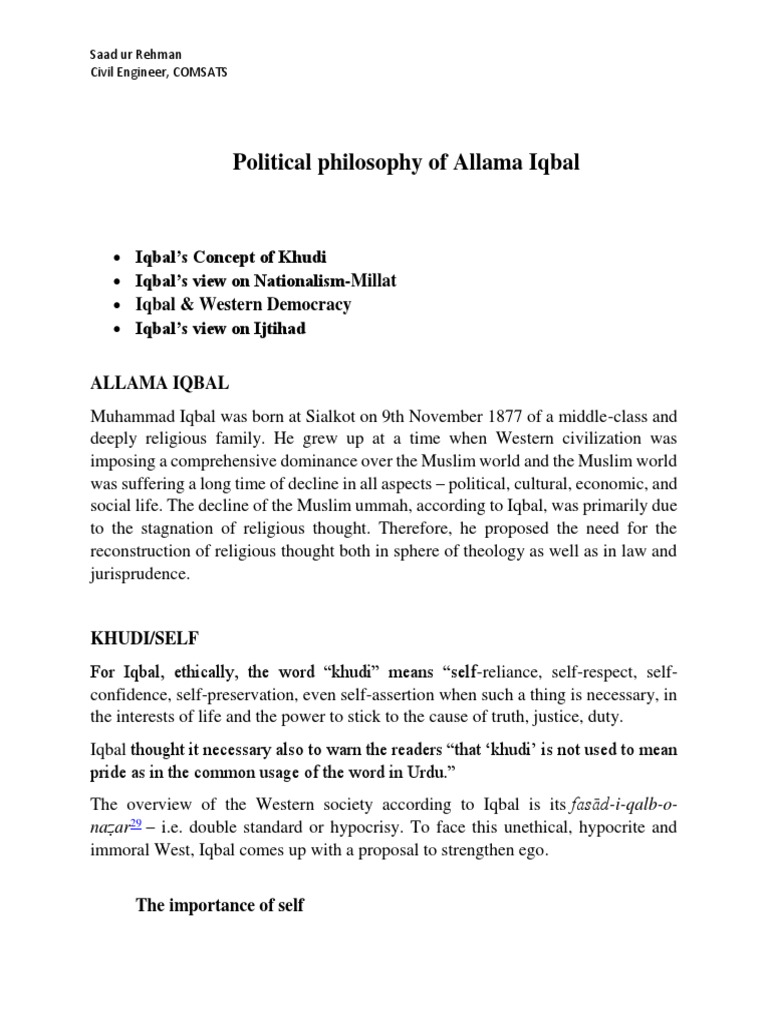Shia teachings encompass a vast array of philosophical and theological concepts, deeply rooted in the historical and spiritual lineage of Islam. One such important text is "Iqbal al-amal," which provides insight into the ethical and practical dimensions of Shia thought. This book serves not only as a theological treatise but also as a moral compass for adherents striving to embody the principles of their faith in daily life. Readers can glean a multitude of perspectives and knowledge from its pages.
The fundamental premise of "Iqbal al-amal" revolves around the manifestation of one’s beliefs through action. The title itself signifies the importance of practical application of religious teachings. In Shia Islam, faith is inseparable from action; thus, the book emphasizes how individual deeds reflect one’s spiritual convictions. This concept is pivotal, serving as a reminder that belief should be a driving force behind ethical behavior.
Within the framework of Shia doctrine, the text intricately weaves together multiple dimensions of moral philosophy. The reader can expect to encounter an in-depth analysis of ethical principles derived from the teachings of the Imams, particularly the emphasis on justice, compassion, and social responsibility. The teachings elucidate how individuals can cultivate virtues that not only enhance their own character but also contribute positively to the society around them.
In examining the concept of justice, the book discusses its paramount importance in Shia thought. Justice is framed as a divine attribute and is foundational in establishing order and harmony within the community. Readers will find arguments that highlight the necessity for equitable treatment of all individuals, regardless of their status or background. This notion aligns seamlessly with the broader Shia narrative that venerates the figure of Imam Ali, renowned for his unwavering commitment to justice and righteousness.
Moreover, "Iqbal al-amal" delves into the notion of compassion, underscoring its intrinsic value in human interactions. The text advocates for a compassionate approach towards others, which is essential in nurturing communal bonds. By exploring historical examples and the lives of the Imams, readers are encouraged to emulate such behavior in their personal relationships and broader societal engagements.
Social responsibility is another significant theme within the book. The author posits that being a Shia Muslim entails an obligation to engage actively in the upliftment of the community. This responsibility transcends individual spirituality; it encompasses advocacy for the marginalized and oppressed. Readers will find compelling discourse on the role of the Shia community in addressing social injustices, thereby fostering a sense of collective responsibility.
The book also addresses the spiritual dimensions of Shia teachings, presenting a harmonious blend between the ephemeral and the eternal. “Iqbal al-amal” invites readers to reflect on the significance of spiritual practices, such as prayer and supplication, which are not merely ritualistic but are acts that deepen one’s consciousness and connection to the Divine. Through analytical exposition, the text illustrates how these practices serve as pathways to enhance both personal piety and communal solidarity.
A particularly striking feature of the book is its examination of contemporary issues faced by the Shia community. The discussions are astute and relevant, considering the socio-political challenges that often impact Muslim societies. Readers can expect an honest appraisal of the hurdles that obstruct the realization of the Shia ideal of justice and compassion. This discourse is crucial, as it encourages a proactive rather than passive engagement with modernity and its complexities.
The literary style of "Iqbal al-amal" is both accessible and profound, catering to various audiences—from scholars seeking rigorous theological discourse to laypersons earnest in their spiritual journey. The author employs eloquent language, interspersed with poignant anecdotes, making the text not only informative but also reflective. Such a narrative technique prompts readers to ponder their own lives and consider the practical implications of the teachings presented.
In addition to its thematic richness, "Iqbal al-amal" is characterized by its integration of philosophical discourse. The exploration of ethics through the lens of Islamic philosophy invites readers to engage with the intellectual heritage of the Shia tradition. This engagement cultivates a deeper understanding of the interplay between faith and rationality, with the book acting as a bridge between traditional religious thought and contemporary ethical challenges.
Culminating in a call to action, "Iqbal al-amal" encourages readers to embody the virtues discussed throughout the book. The concluding sections reinforce the idea that knowledge alone is insufficient; it must be coupled with practical endeavor to bring about positive change in oneself and the community. This final exhortation is a clarion call for Shia adherents to strive towards not only personal growth but also societal advancement.
As such, "Iqbal al-amal" emerges as a vital resource for understanding the intricate tapestry of Shia teachings. It offers thoughtful guidelines for ethical living, compelling reflections on justice and compassion, and a motivational framework for social engagement. Readers are left with a profound sense of purpose—urged to translate belief into action, thereby transforming the world around them in accordance with the timeless tenets of their faith.


